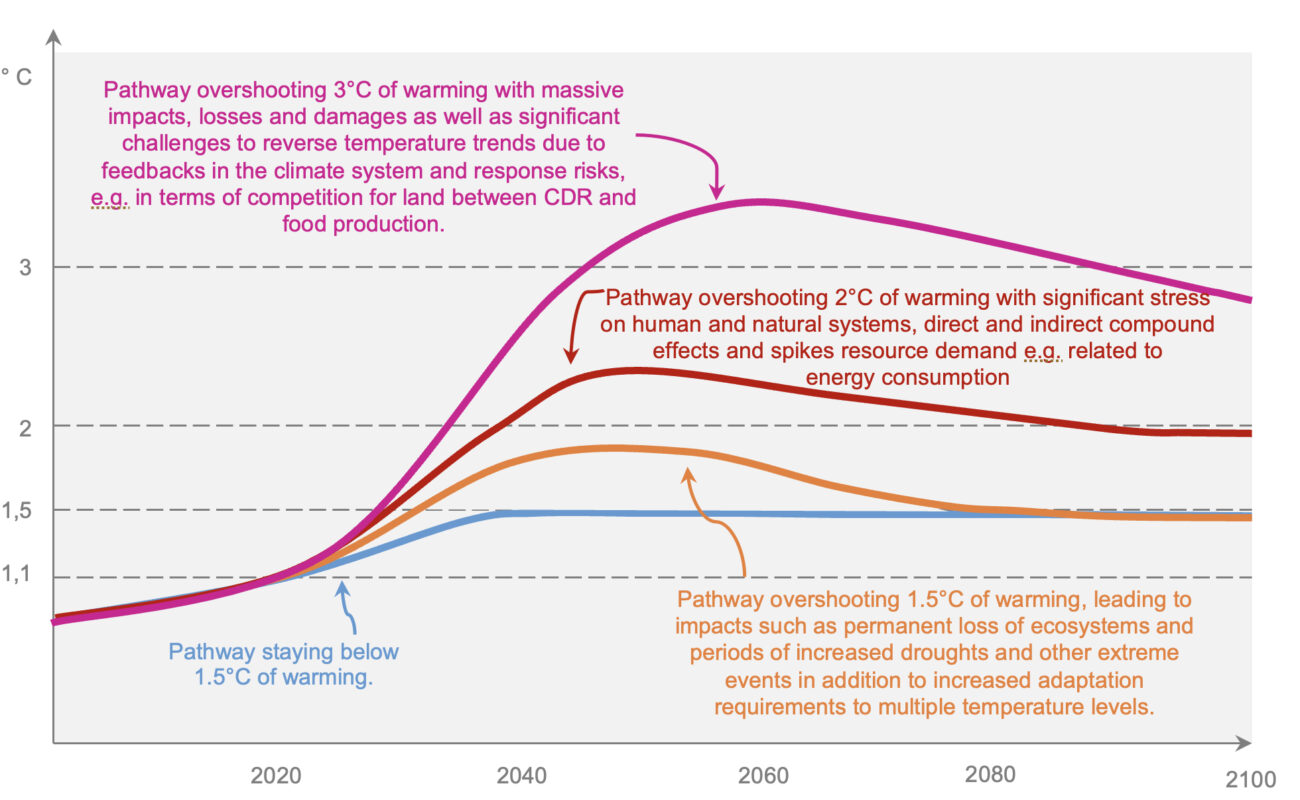
""Climate overshoot is no longer a distant possibility," said lead author Andrew Kruczkiewicz, senior researcher at the Columbia Climate School's National Center for Disaster Preparedness."
""Understanding how overshoot will affect people's lives and livelihoods-before, during and after disasters-must be part of climate planning, policy and finance. To do otherwise is increasingly irresponsible, with the cost of doing nothing potentially creating tensions with the humanitarian principle of 'do no harm.'""
Projected global temperatures will likely surpass the Paris Agreement 1.5°C target by 2050 and remain above it for decades, creating a climate overshoot. Physical impacts such as sea-level rise and melting ice are increasingly characterized, but humanitarian and social consequences lag behind. Planning must build evidence, data, and policy links to prepare for prolonged, uneven climate risk. Five interconnected factors will shape human impacts: peak warming and duration; geographic patterns of exposure concentrated among vulnerable populations; limited capacity to prepare and recover; cascading and compounding hazards; and governance, finance, and policy gaps that constrain adaptation and humanitarian response.
Read at State of the Planet
Unable to calculate read time
Collection
[
|
...
]